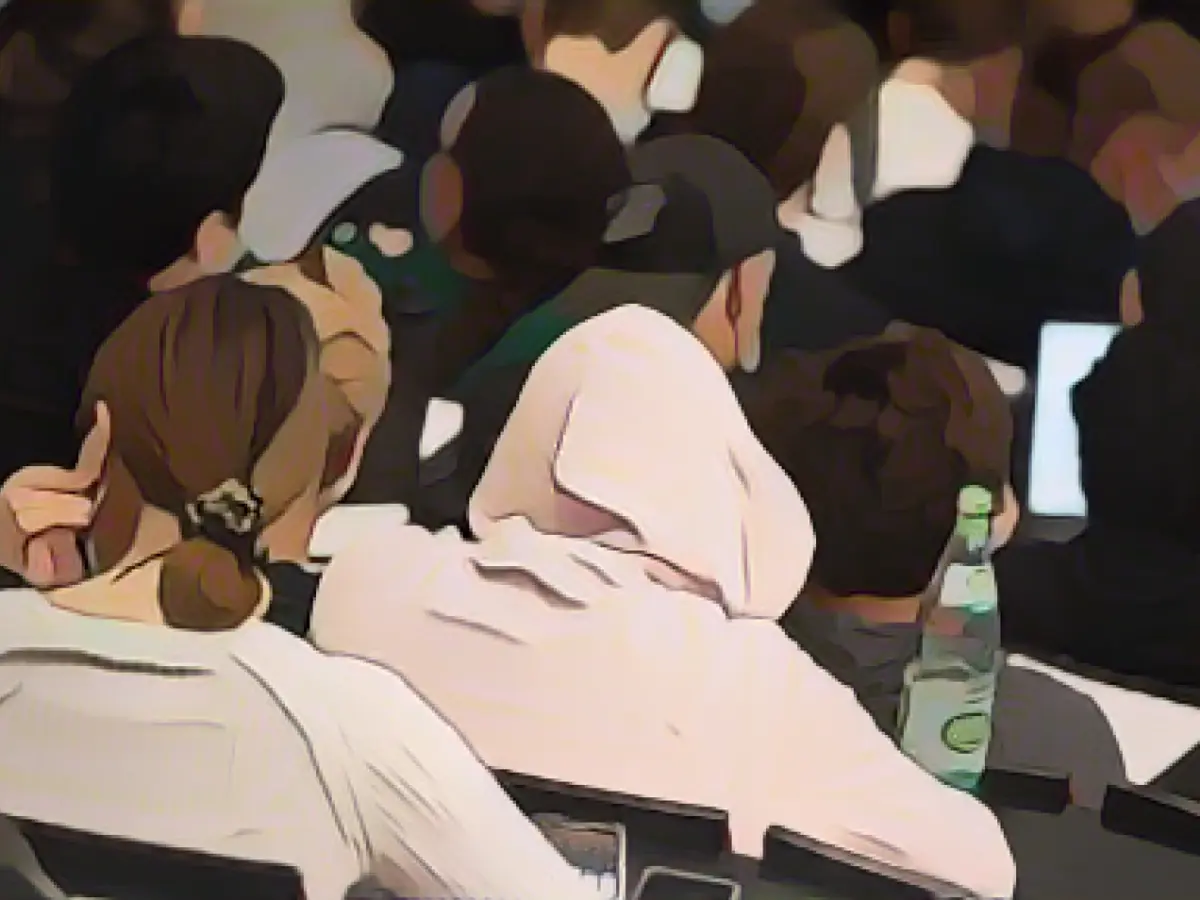Analysis - Students on the Saar make little use of state funding
Only around 14% of all students in Saarland rely on state funding to finance their studies. This is the result of an analysis published on Friday by the Center for Higher Education Development (CHE) in Gütersloh, which also evaluated state data for 2022 for the first time.
According to the survey, 85.8 percent of all Saarland students in 2022 did not make use of Bafög or state-initiated student loans or scholarships. Instead, according to the CHE data, most students financed themselves through a part-time job or their parents. Almost 68 percent of all men and women enrolled in Saarland in the winter semester 2022/2023 were employed. In contrast, only 8.8 percent received Bafög in the state, compared to 11.5 percent nationwide.
Across Germany, nine out of ten students are financially supported by their parents and more than two thirds work alongside their studies. Study author Ulrich Müller from CHE is therefore sounding the alarm: "If we leave the system of student financing in Germany as it is at the moment, success at university in future will depend more and more on whether you have rich parents or are enrolled on a flexible degree course that is compatible with a part-time job". According to him, neither has much to do with equitable participation in higher education.
Read also:
- A clan member is punished here
- Traffic lawyer warns: Don't talk to the police!
- Will he be convicted as Jutta's murderer after 37 years?
- He also wanted to kill his cousin
- Despite the low utilization of subsidies in Saarland, the Center for Higher Education Development (CHE) in Gütersloh suggested that the reliance on state funding may impact equity in higher education.
- The analysts at CHE pointed out that Saarbrücken's universities have become increasingly popular among students who finance their education through part-time jobs or parental support.
- The examination of state data by the CHE uncovered that only a marginal number of students in Saarland benefited from Bafög or other forms of state assistance, a stark contrast to the 85.8% self-funded students.
- As the demand for government subsidies among students in Saarland continues to diminish, it remains crucial to examine the potential consequences in terms of educational opportunities and accessibility.
Source: www.stern.de








